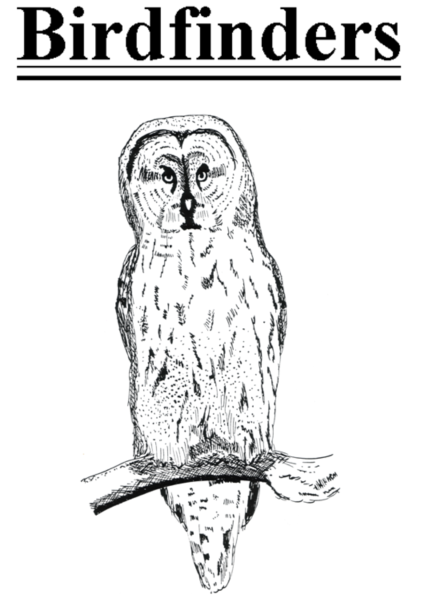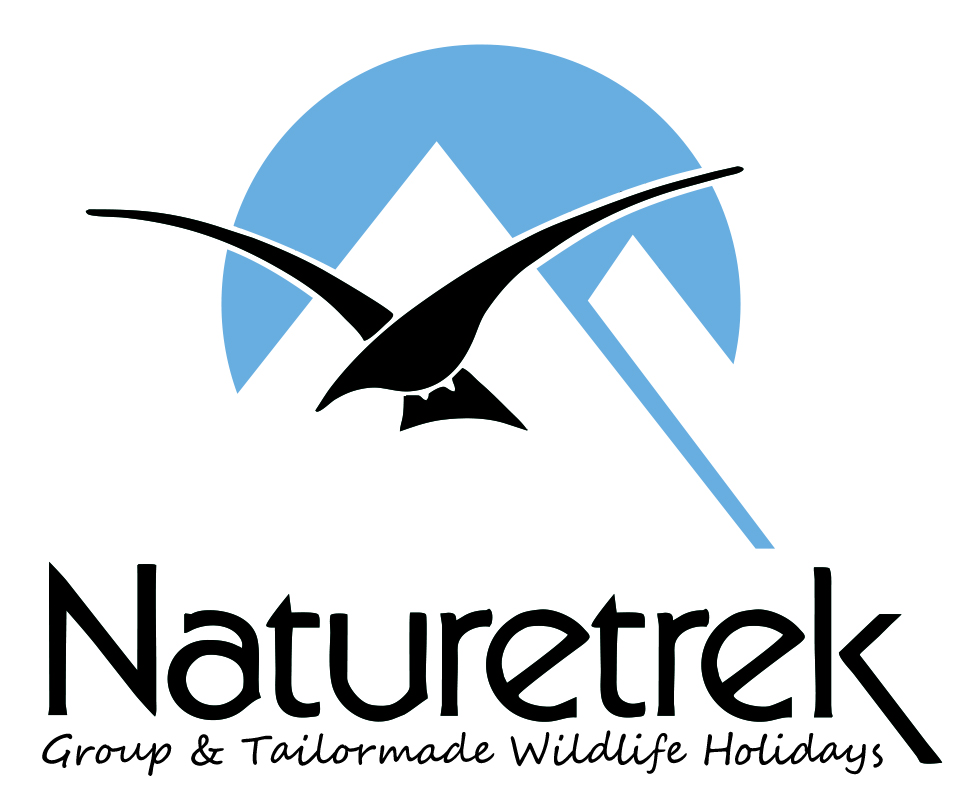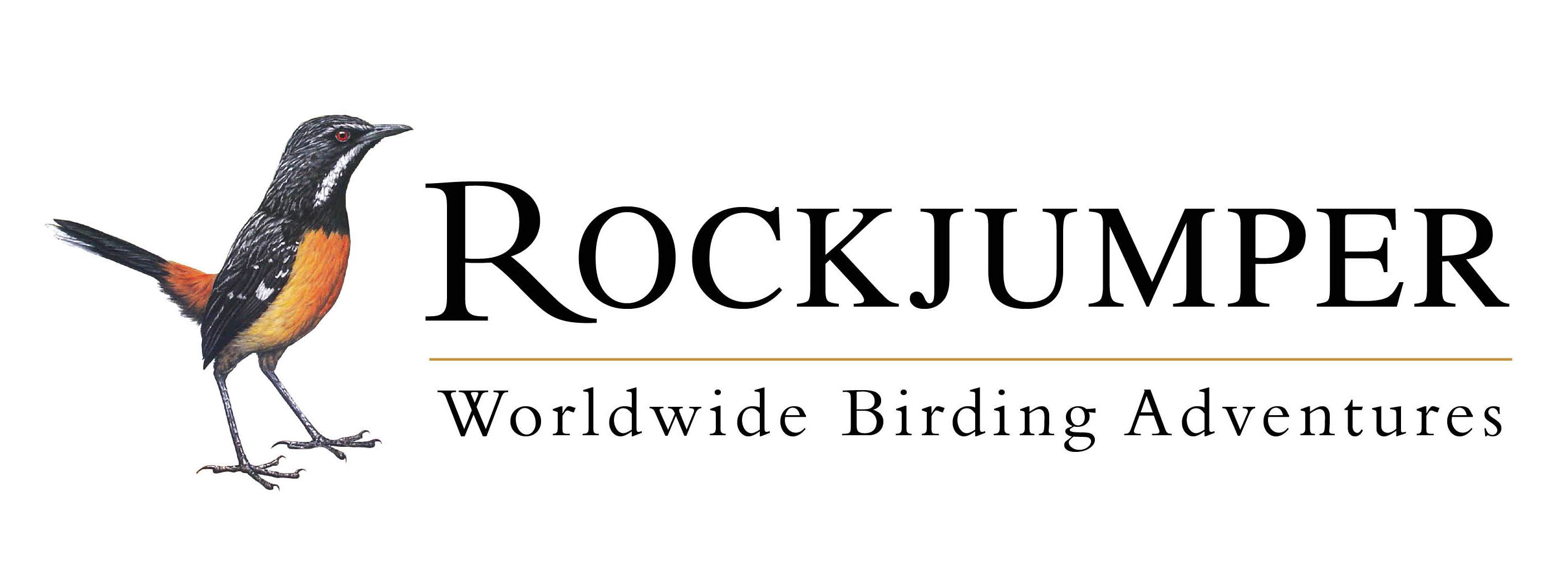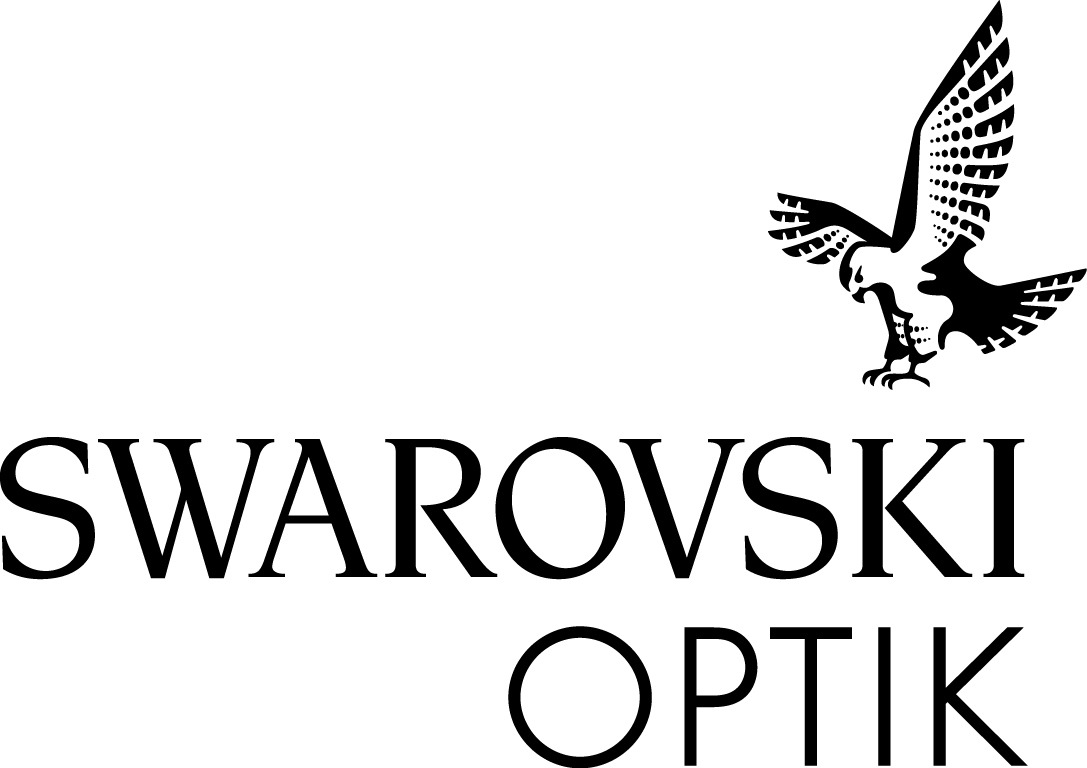The NBC Conservation Awards Programme invites applications for one of two categories of award the Club is able to offer:
Small grants – up to $1,500: available for projects implementing direct conservation actions, or conservation research. Awards are only given to projects carried out by nationals and/or residents of countries in the Neotropics (i.e. the Caribbean, Middle America and South America).
Medium grants – up to $3,000: available for projects implementing direct conservation actions, or conservation research. Awards are only given to projects carried out by nationals and/or residents of countries in the Neotropics (i.e. the Caribbean, Middle America and South America).
Technical specifications:
In addition to the above requirements of the applicant themselves, NBC advises that, other than in exceptional cases, awards will only be given to projects that meet all of the following criteria:
- Projects with a total budget small enough for the NBC award to be a significant proportion of that total.
- Projects that are likely to achieve constructive local engagement in some form, such as environmental education in local communities, working with local decision-making or land-management organisations, or local/international publicity.
- Projects that are likely to achieve global conservation benefit. This means that the project must target either globally threatened species or globally important sites, as defined below, in order to be eligible for funding, unless there is an exceptional reason to waive this rule (e.g. species new to science). It is essential that your project makes a direct contribution to species or site conservation, or as a minimum is developed in close collaboration with a conservation agency or organisation. We do not fund projects that lack a strong conservation focus, e.g. pure avian biology research. Environmental education projects that encourage the conservation of threatened species or globally important sites are eligible.
- Globally threatened species — those on the IUCN’s global red list — are defined and appear on the website www.birdlife.org/datazone/. We advise that you look at this website when drafting your project proposal. Note that the NBC does not fund work on species that are only threatened at the national level, and, only rarely funds projects on the globally threatened subspecies of birds that are not threatened at the species level.
- Site-based projects must focus on the conservation of either a) an Important Bird Area (IBA), or an area proposed as an IBA or recently found to qualify for designation as an IBA; or b) a site within an Endemic Bird Area (EBA) holding habitats that are important to the restricted-range bird species that define the EBA; or c) a protected or potentially protected area that holds or is expected to hold Threatened or Near Threatened bird species. For information on IBAs and EBAs and how they are designated, see www.birdlife.org/datazone/index.html.
Regarding molecular-based projects, the Council is happy to consider projects which seek to determine whether or not a currently globally threatened species is a valid taxon at the species level, e.g. through DNA analysis. However, these projects must also have a meaningful practical conservation component. Even if the results from the analyses suggest that a taxon that had been considered a Threatened species does not deserve species status, the conservation action aspects of the project still need to be carried out given that they will still be benefiting a Threatened taxon or distinctive population. Only in the instance that a taxon that had been considered a Threatened species and is now regarded as a hybrid should the conservation action aspect of the project be changed – other Threatened species in the area or a more generalised campaign would be appropriate alternative approaches. Moreover, any project that requires the capture of threatened species (for studies that involve invasive sampling) need to justify the techniques used and experience of the participants such that any chance of injury to the target birds (and thus impact on populations) is minimised.
Applicants need to demonstrate that their project is feasible, that they have adequate competence to carry out the project, and that their methodology is suitable. The Club will consider applications that contribute directly to an academic qualification, but account will be taken of any other funding sources available to the applicant. Applicants should review the published literature and refer to relevant texts (particularly those relating to conservation) on their application forms.
We do recommend (although it is optional) that applicants contact the conservation committee before completing the application form. We are happy to discuss project synopses or informal enquiries suggesting a project idea before you submit a formal application. If your project does not meet the criteria listed above, but you feel that it may be an exceptional case (e.g. you plan to study a newly described and probably threatened species), you are strongly recommended to send a summary of your project first. Please note that synopses/informal enquiries must be received at least three weeks before the application deadline to ensure a reply in time for the deadline.
Email: NBCawards@gmail.com








